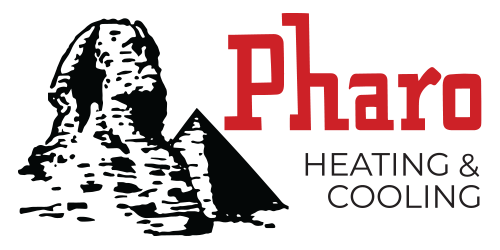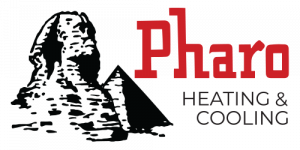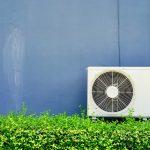Managing Spring Allergy Season in Madison
Spring is fast approaching, and according to the current weather trends, this spring allergy season could be a rough one for those who suffer from asthma and allergies. This is part of the annual temperature swings and the seasonal impacts on pollen production.
Here’s what spring allergy sufferers should know for spring 2021:
The quantity and location of pollen in the air are largely determined by weather conditions, as well as the time of day and the season.
Allergy symptoms are at their worst in the morning hours, as well as on warm, dry, and windy days. On the contrary, cold and wet or windless days result in lower pollen counts and less symptomatic days.
Allergies and COVID-19
As symptoms like congestion and runny nose pop up this spring, it’s important to understand the difference between allergies and COVID-19.
COVID-19 symptoms include fever, cough, shortness of breath or difficulty breathing, chills, muscle pain, sore throat, and loss of taste or smell.
Allergies are different in some crucial ways, the main one being that they’re rarely associated with a fever. Instead, the most common allergy symptoms are nasal congestion, sneezing, dry cough, and itching.
Allergies and Masking
The CDC recommends everyone over the age of two, including allergy sufferers, wear a mask to slow the spread of COVID-19. The only exceptions are for individuals with breathing problems, or those who are unconscious or incapacitated and would need assistance removing a mask.
Masks can also offer mild protection against spring allergies by keeping larger particles from being inhaled. So, you may benefit from wearing a mask outdoors if you’re engaging in an activity that stirs up pollen.
Be sure to wash cloth masks after each use, especially when worn outside on a day with a high pollen count.
Managing Spring Allergies
Keep these factors in mind as you try to reduce spring allergy symptoms:
- Monitor allergy and pollen levels
- Stay indoors in a clean air environment on dry, windy days
- Save outside activities for after a rainfall when the pollen will be cleared from the air
- Ask friends or family members who don’t suffer from allergies to help out with lawn mowing, weed pulling, and other outdoor chores that can stir up allergens
- Remove clothes worn outside, and shower to rinse your skin and hair
- Wear sunglasses to protect your eyes from pollen
- Wash sheets in hot water to get rid of dust mites
- Don’t dry laundry outside as pollen can stick to sheets and towels, and be carried into your home
- To remove pollen, mold, and other particles from the air in your home, install an Aprilaire air filter in your HVAC system
- Keep your indoor air humidity between 30-60% with a humidity control system from Aprilaire. This helps keep your lungs and nasal passages hydrated and can help filter out allergens from the air you breathe
NEED HELP WITH INDOOR AIR?
Pharo Heating & Cooling is a full-service HVAC and indoor air contractor in Madison. Our team provides top quality service for new construction and replacement furnace and air conditioner needs. For more information about air handling or an annual furnace inspection, give us a call at 608-849-5410 or submit a contact form through our website.










